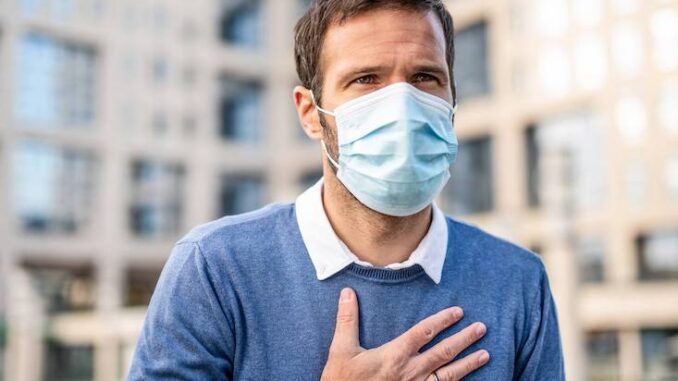
Australia has launched a Sudden Adult Death Syndrome (SADS) registry in response to large numbers of young, healthy people dropping dead.
According to reports, doctors at Melbourne’s Baker Heart and Diabetes Institute created the country’s first SADS registry which they hope to roll out across the country in order to gather more information about this sudden death phenomenon.
A spokeswoman confirmed the registry has “approximately 750 cases per year of people aged under 50 in Victoria suddenly having their heart stop (a cardiac arrest).”

BYPASS THE CENSORS
Sign up to get unfiltered news delivered straight to your inbox.
You can unsubscribe any time. By subscribing you agree to our Terms of Use
Legalinsurrection.com reports: The kicker: “Of these, approximately 100 young people per year will have no cause found even after extensive investigations such as a full autopsy (the SADS phenomenon).”
The medical community classifies a SADS death as occurring in a person under 40 years old, and they cannot find a cause of death post-mortem.
I’d never heard of SADS until Leslie sent me the article. It sounds like SADS happen more often than we think:
As reported by news.com.au, cardiologist and researcher Dr Elizabeth Paratz said Melbourne’s Baker Heart and Diabetes Institute registry: “[allows you to see] people who have had the cardiac arrest with no cause was found on the back end.”
Dr Paratz said that “the majority of these SADS events, 90 per cent, occur outside the hospital – the person doesn’t make it – so it’s actually ambulance staff and forensics caring for the bulk of these patients.”
She added: “I think even doctors underestimate [SADS]. We only see the 10 per cent who survive and make it to hospital. We only see the tip of the iceberg ourselves.”
“If someone has a heart attack and you do an autopsy you might see a big clot, that’s a positive finding, but when someone’s had one of these SADS events, the heart is pristine,” she said.
“It’s really hard to know what to do.”
Doctors recommend seeing a cardiologist as soon as possible if a first-degree relative dies of unexplained death.
You should also see a cardiologist “if you have cardiac symptoms like chest pain, shortness of breath, or you can’t keep up with friends exercising or walking.”
Too many people don’t take heart health seriously. Don’t be one of those people!

